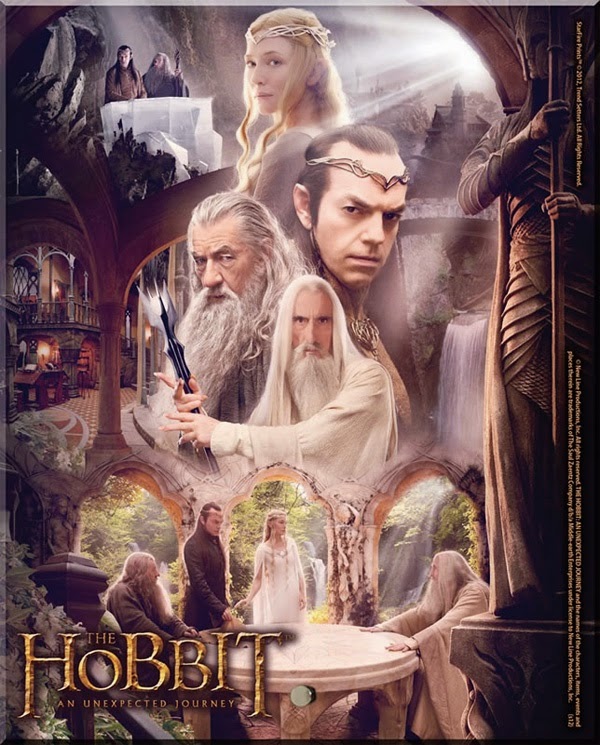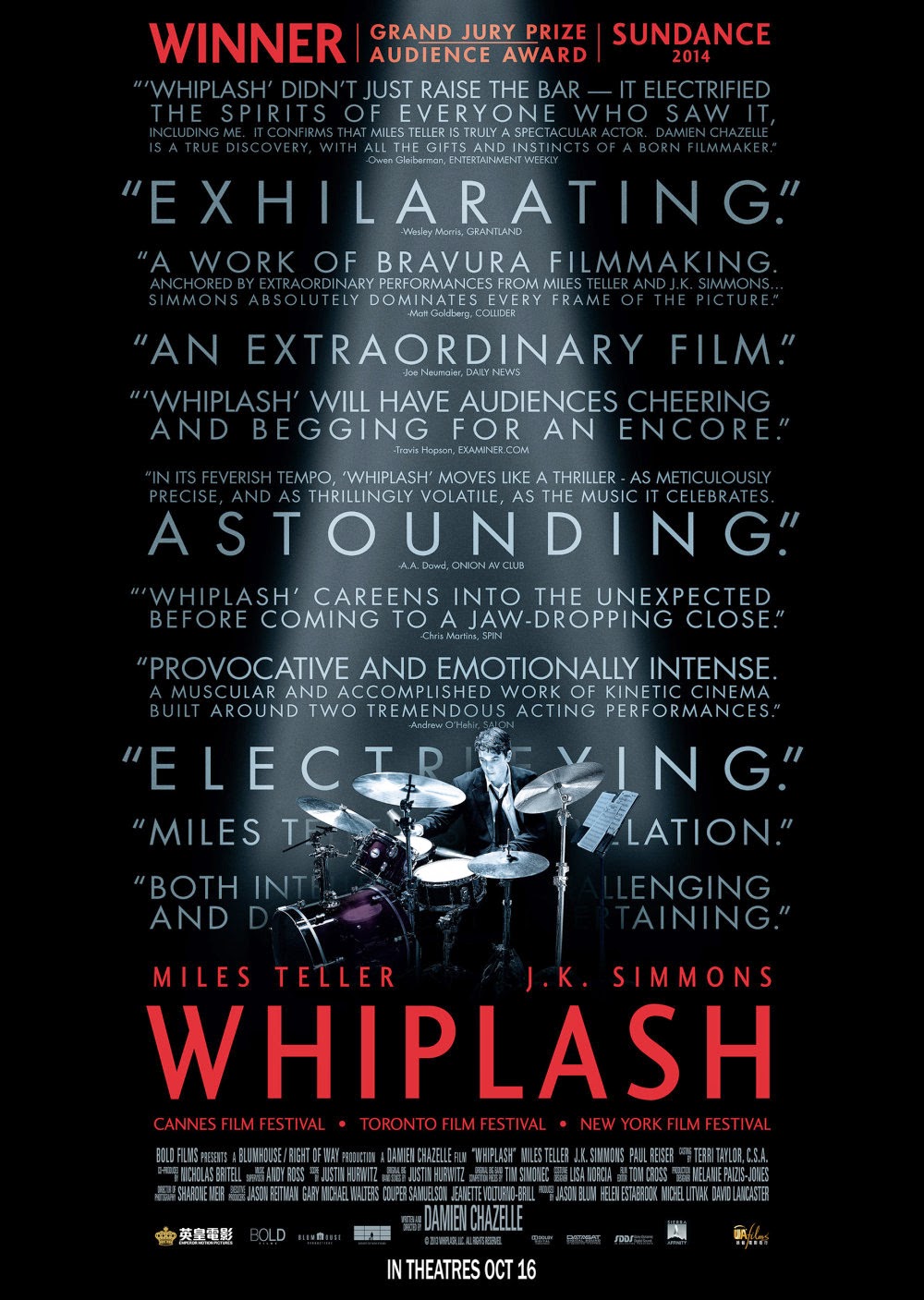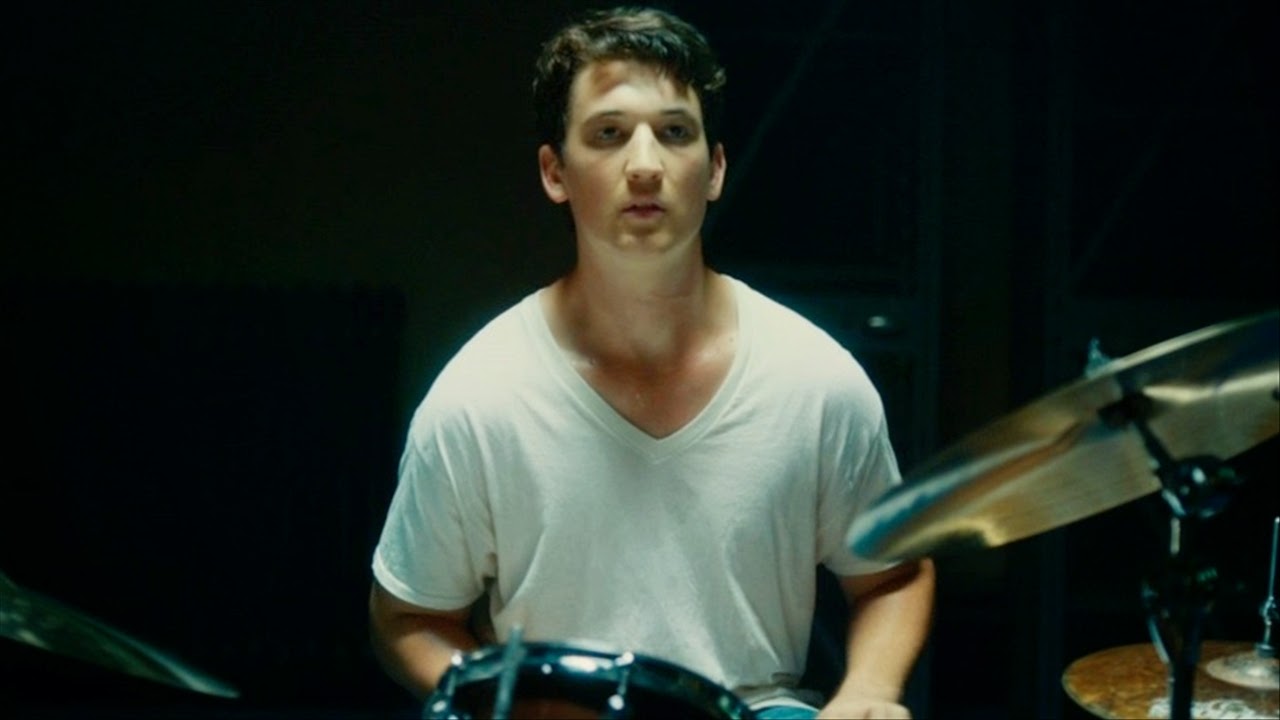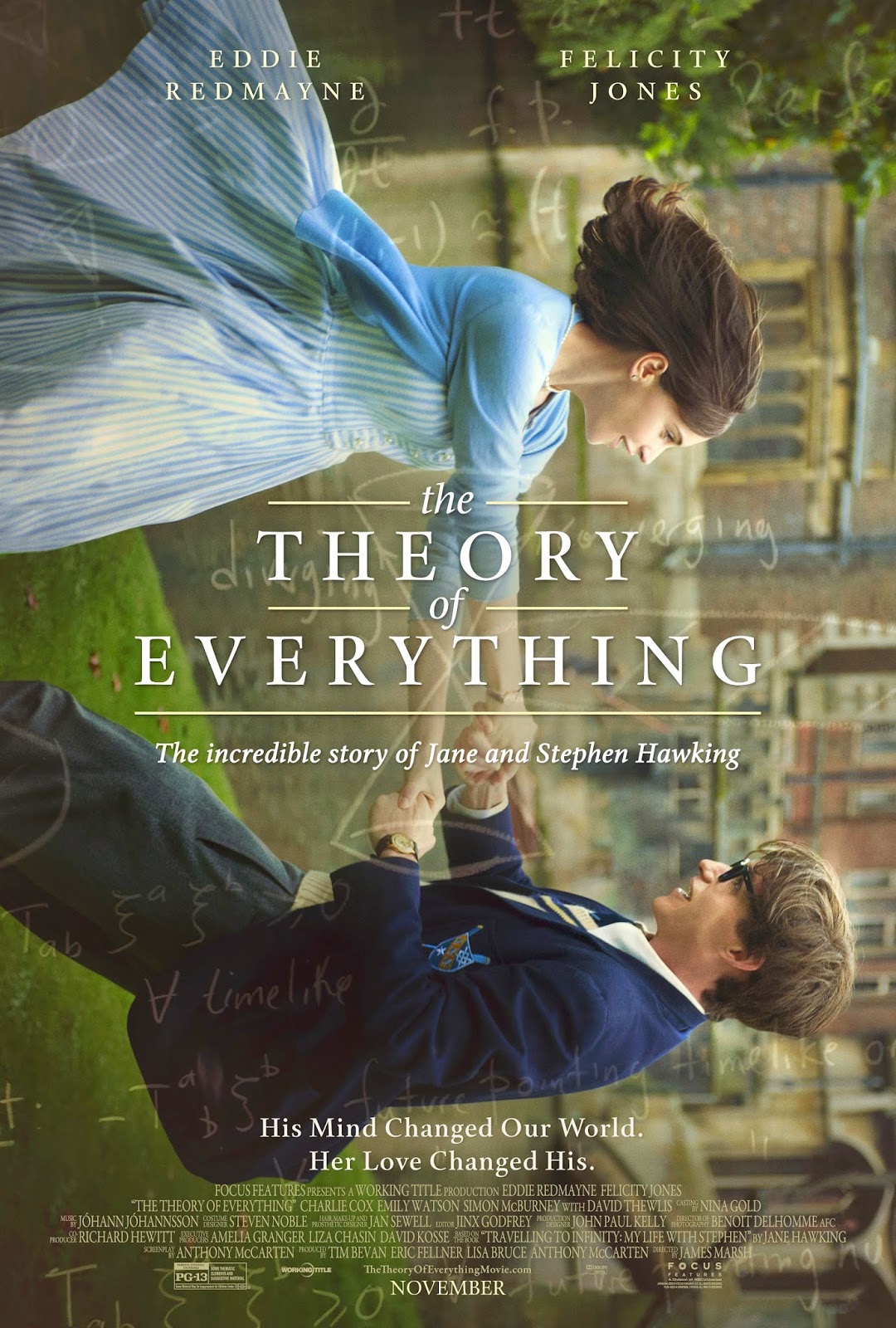SPOILERS FOR BOOK THREE OF A SONG OF ICE AND FIRE BELOW.
Me: New favorite character from Book 3. The Queen of Thorns. What a delightful old bitch!
Tom: Lady Olenna is amazeballs.
Jeanne: Yes! She is awesome. Very wily!
Me: One more reason to love the Sansa chapters. I love me some Sansa.
Jeanne: Ugh.
Me: Haha. Stark-hater.
Jeanne: I
do hate that one.
Me: The book in which Catelyn gets herself killed is destined to be my favorite book. My hopes for this book are: more Jaime, more Melisandre. Less Bran, less Catelyn. More Queen of Thorns! More Loras.
Kevin: Haha. Oh Loras. I don’t recall getting a lot of him.
Me: Sad. I miss the gays already.
Kevin: Yeah, they don’t get much after Renly is gone.
Me: They didn’t get much when he was
around, frankly.
Me: Tom, they cut my dear Jaime's hand off. I might hate the Goat more than I even hate Catelyn.
Tom: Oh man...you got to the hand. Yeah that's a harsh blow.
Me: His fucking
sword hand.
Tom: He will learn to use the other one, but
still. It's going to be a great story as he gets there.
Me: Good. I
love him. Like, LOVE.
Tom: Jaime losing his hand is actually one of my favorite story bits, because I like where it propels him. Has he been spending time with another maybe significant character before losing his hand?
Me: Brienne, you mean?
Tom: Yes.
Me: You love her.
Tom: I
love the Jaime-Brienne buddy cop show. Love love love.
Me: I don't get it. She isn't smart enough for me. I need her to start
thinking and stop being a Stark-man.
Tom: Be patient with her
Me: Oh, I am. She doesn't annoy me or anything. I just don't understand why she's so thick. You know I don't do well with the thick, single-minded ones.
Tom: That's fair
Me: Catelyn, Robb, Ned. Zzzzzz. Give me a thinker. Varys. Tyrion.
Tom: I love them too, just in different ways
Me: Haha. Unlike me. I turn on the characters and then I just want them dead. I am out for blood. I'm like Arya whispering into my pillow.
Tom: Two of my friends came so close to naming their daughter Arya. I wanted it so badly.
Me: That is a great name.
Tom: Yeah, it's just gotten über-popular since the show.
Me: I bet it has! Éowyn or Galadriel don't really have the same ring.
Tom: No, they seem really weird
Me: Arwen. That could work. But really all of GRRM's names are just normal names with Ys in them.
Tom: Hahahahaha
Me: I am obviously correct.
Tom: Most of the women, sure. I don't know a lot of Eddards, Theons, or Tyrions wandering around.
Me: Eddard is just Edward. He even calls him Ned for short. As for Theon it is a famous name from history. Old-school Greek name. And Tirion is a JRRT name.
Tom: Oh is it?
Me: Tirion upon Túna. Yeah. It's in World of Warcraft too. HAHA (not that I know anything about nerd things like that.)
Tom: You just dropped Tolkien
and World of Warcraft in two sentences. You're a nerd!
Me: Nope. Absolutely not. I am cool. How dare you.
Tom: I didn't say that was a bad thing.
Me: Poor, dear Sansa. But Tyrion is being so sweet. So so sweet.
Jenny: God I love Tyrion and Sansa.
Me: I'm glad that they're married. But what I don't get about them is that we don't
need two perspectives at King's Landing. This has been a problem from the beginning. Is he going to send her away?
Jenny: Well, I see what you mean about King's Landing. No spoilers from me!
Me: This is how I predicted that Arya/Ned/Sansa would get separated. Also: favorite character I didn't tell you about: Melisandre.
Jenny: Hmmm. Her.
Me: I love Lady Smallwood. This book has cool women in it.
Catie: Lady Smallwood. Yes!
Me: And now there is lesbian sex action. I’m delighted.
Catie: GRRM. Giving us what we want sometimes.
Me: Only occasionally. Daenerys is still boring. And then the next chapter: Bran.
Catie: I think it will be revealed that he is on acid. And he can walk. He’s just been tripping.
Me: Dear lord I hope so. They are called “green dreams”. Isn’t that what they call absinthe hallucinations?
Catie: YES. We win.
Me: Ooo. tell me things. What is the difference between "the whites" and "the others". I mean, I know the difference when I'm reading Eric Lott. But not GRRM.
Tom: I think they are different terms for the same thing, if memory serves.
Me: No no. Definitely not.
Tom: Ok then I'm not remembering. Is "The Others" the term for Mance's crew?
Me: Sam kills an "other" with the obsidian.
Tom: Ok right.
Me: But he wonders if it will work on the Whites. He isn't sure.
Tom: Yeah no they're the same thing according to the wiki of ice and fire. Wildings call them White Walkers. Crows call them Others.
Me: I think maybe "the others" is a way of talking about reanimated bears and shit. I think the Wiki might be wrong here. But I am confused, which is why I ask. So I
know I'm not right.
Tom: The Wiki of Ice and Fire is not often incorrect. ASOIAF nerds are pretty hardcore about this sort of minutiae.
[If the wiki says they are the same, and I avoid the wiki because I am scared of spoilers, the wiki is
wrong. The Whites are reanimated corpses created through some type of necromancy. The Others are the ones who created the Whites. They are not animated through necromancy or at least not the same type. We find out something akin to this at the end of ASOS.]
Me: Why isn't Catelyn Tully dead yet? I cannot bear her any longer.
Caleb: Where are you at? I don't want to say too much.
Me: A Storm of Swords. Catelyn III.
Caleb: You still have a while with her yet. And she goes on.
Me: I am sad about it. I can't wait for someone to kill her. When she was imprisoned with her dad I was so happy. I thought we'd be able to ignore her for a while. Meanwhile we
still haven't had a Theon chapter. And I'm at least 25% of the way through. It's funny. I liked Eddard at the beginning of AGOT but hated him by the middle of it. And I liked Catelyn for a while too, until the first of second chapter of ACOK. But mid-way through that book I prayed for her death as often as she prays to the Mother.
Caleb: Even after you think she is finished she goes on. But not from her POV I think.
Me: As long as I don't have to listen to her moaning that's ok. Her point of view is absolutely insufferable.
Caleb: She kind of loses the ability to speak so, yeah.
Me: Caleb! Spoilers! That makes me sad. I want her dead.
Caleb: I said kind of.
Kind of!
Me: If you gave Catelyn a piece of pie she’d figure out some way to complain about it.
Catie: Waste. Of. Space.
Me: Goddammit, Catie. I can always count on you to talk shit about Catelyn. It warms my cold, cold heart.
Jenny: You both have hearts of stone.
Catie: What a compliment!
Me:
Fuck me I hate Catelyn. Like, I actually
scream at her in the car. She is
so so so fucking stupid. Like, she is actually
thick. She doesn't put things together. What a fucking moron. I have started to take pleasure in anything that causes her grief. Like, actual pleasure. When the Freys are cleverer than her I laugh. When she found out that Tywin married Sansa to Tyrion I
laughed at her. Because she doesn't actually see
any options. She is just so fucking dumb.
Tom: Sigh. Your Stark hatred hurts me.
Me: But I don't hate the Starks! Why do you say that?
Tom: You hated Ned too
Me: I love Sansa and Arya and Jon Snow now that he is giving Ygritte head.
Tom: Oh Ygritte
Me: "You know nothing Jon Snow"
Tom: I often want to write that on student assignments
Me: I like this Sandor Clegane. He's a rebel. Scared of fire, but still.
Caleb: Well, yeah, his fucking face got burned off as a child. I think they say that when he's introduced.
Me: This third book is obsessed with Arya. I like it. Yeah. He tells little Sansa that at the Hand's Tourney.
Caleb: It doesn't matter what name you say. I will respond
Don't get too attached.
Me: Haha. Yeah. I know.
Caleb: Or at least don't get attached to them having all of their limbs, sight, or sexual organs, etc. It's all fair game in this book.
Me: GRRM loves to cut off hands most of all I think. Catelyn. Jon. Jaime. All have wounded hands. The hand might be the great metaphor of the series.
Caleb: Yeah, not only one hand cut off.
Me: Huh?
Caleb: I mean, Jon didn't lose his hand did he? Nor Catelyn. Just wounded.
Me: Yeah.
Caleb: I'm talking about stuff getting chopped off.
Me: But their writing focuses on their wounded hands a lot. Hasn't someone also lost an arm? I forget.
Me: Oh Davos!
Caleb: Oh yeah, he did lose some fingers
. Ugh, "the king's hand being chopped off"? Come on. Not
everything has deeper meaning.
Me: I didn't say that. I said the hand was a chief metaphor in the books.
Caleb: Isn't it
Davoth? I think there's a
th.
Me: No, no: Davos. I've only listened, too, but I surreptitiously look at the wiki.
Caleb: I haven't seen the name printed.
Me: omg then you have
no idea. They are all spelled
ridiculously.
Caleb: Davoth is a character in a Star Wars game that I played in college. And a character in a Discworld book. So easy to confuse.
Me: And he also mispronounces some names absurdly. It is Brienne of Tarth. And Ser Ilyn Peyn. Clearly not pronounced Bry-
een. Or Il-ee-un.
Caleb: He changes in later books. At one point he says Bri-anne.
Me: And it's Ygritte not
E-grette.
Caleb: He doesn't change that one.
But Brienne changes a lot, so I had a hard time knowing who he was talking about for a minute. And some of the other characters change pronunciation too.
Me: You just told me Brienne lives for later books. Don't tell me any more, please.
Caleb: Well, statistically mose people live anyway, right? It's more of an exception with that many characters.
Me: Yeah. Makes sense. I don't even like Brienne.
Me: What is that Petyr Baelish
doing? I love that the Queen of Thorns murdered that little asshole Joffrey. But Tyrion is now guilty of the murder and Jaime didn't do anything to stop it (yet).
Catie: Petyr Baelish is
nuts. What book are you on?
Me: I'm still on book 3. Baelish kidnapped Sansa. Tyrion has been condemned.
Catie: Yes! that's right. Perfect
Me: And Arya and the hound are sweet besties.
Catie: That's right!
Me: Jon is, like, fighting wildlings at the wall. Zzzzz.
Catie: Jon is the zziest for a while.
Me: And we haven't heard from Bran in 10 years. Fine with that. But Lyssa Arryn. Crazy woman. Love her already.
Catie: He needs to write the next one - there's so many open things happening. Whats going on Daenerys?
Me: That boring old cow.
Catie: hahahahahahahahahaahahahahahahahahahahahaha
boring.
Me: I'm on her last chapter in ASOS. She is freeing slaves.
Catie: Boring. Who even cares?
Me: And now she has just found out that like oooo once she left the cities they went back to being slave cities. Because she understands nothing about reality. She is the most entitled woman ever.
Catie: She really has so much honor, though. Like, this is the honorable thing to do.
Me: She is not honorable at all. Not at all.
Catie: Hahahahahaaha
Me: She is a liar! A complete liar.
Catie: She's a whiner, also.
Me: This is my new thing. The people I hate in the books are the ones who whine.
Catie: I mean, just burn the shit out of everyone with your dragons, call it a day, land in Westeros already. Literally the same thing happens to her for 959030303 pages
Me: Haha.
Catie: Tyrion and Varys. All day.
Me: All. Day. I love Jaime too. Standing up to Tywin? Badass.
Catie: Right? You think Jaime and Brienne are a thing?
Me: Um I hope not.
Catie:
False. I am
into it. Being attracted to women of all shapes and sizes, etc. Blah blah
Me: I'm into it if he starts fucking Loras. No no I see totally. I am with you.
Catie:
Loras. hahahahahahaahahahaha omg you are my favorite
Me: I am nearing the end of book 3 of ASOIAF.
Caleb: Are you going to keep going or take a break? I had to take a break after 4. Not because anything happened. I mean, I am sure it did; it all runs together after a while.
Me:
I bought the book 4 audiobook. Don't think I'll take a break right away
but maybe after AFFC. I am into it. And if more magic starts happening
I'll be even more into it. This is why I like Melisandre so much. I see
the potential for some awesome magicks.
Caleb: What do you want me to say to that? You can't speculate about things and leave me anything to reply.
Me: Hahaha. I am looking for your feelings not the future. You can love and hate characters with me.
Caleb: Yeah, but I know if there's more or less magic to come. So if I said,
Yeah, I wish that too, you'd know there wasn't. And if I said
Yeah it happens then you'd know. I don't like Melisandre though. I'm a fan of Davos.
Me: No? It's Roy Dotrice's voice for Melisandre. I am obsessed with that sound.
Caleb: Like in an ASMR way?
Me: No. Hahaha.
Caleb:
Well then I don't want to speculate there. I'm not sure I like many of
his female voices. I like his Tyrion and his Jaqen was pretty good. Also
his weird old Night's Watch voices.
Me: He drives me crazy mostly. But I love the Melisandre. And Tyrion and Jaime, which are basically the same.
Caleb:
I like the family resemblance there. But when Jaime and his twin are
talking to each other, it's like the same person and not in a good way.
Just sounds like him talking to himself.
Me: Haha. I still hate her even if I like him.
Caleb: You hate her? I guess I went through that too.
Me:
I mostly hate her stupidity and lack of efficacy. Once Joffrey dies I'm
sure she'll get smarter. She is a fucking idiot about him.
Caleb: Yeah. Not gonna comment there.
Me:
I didn't think you would. Just saying that I'm sure I'll like her
better when she is less blind/stupid/single-minded about that idiot brat
of a son of hers. But at the moment she is so annoying. Actually, I
like her when she is with Sansa. In Sansa chapters I like Cersei. In
other people's chapters I hate her.
Caleb: Ugh. I loath Sansa. I really wanted to like her but I just can't.
Me: I love her. In fact, we haven't had a Sansa chapter in this book for like 20 chapters and I actively
miss her.
Caleb:
Wow. I can't say I feel that way. I feel that she doesn't change
naturally to the things that happen to her. Other characters grow and
change as new experiences happen, but she just keeps on being the same
and thinking the same way regardless of what happens.
Me:
Well, she learned to lie long before her father did. She was the only
Stark willing to be diplomatic in the second book and so I liked her.
Caleb: Ugh. I guess. But still, not a huge move for her.
Me: My
unbridled hated for her father and mother has made me make some weird
identificatory leaps. I like Varys and Melisandre and anyone who hates
Catelyn Stark.
Caleb: Do you like Varys voice?
Me: No. He should sound exactly like me.
Caleb: Except he's a really fat eunuch so...
Me: Right. We're not exactly the same. I disidentify. Or maybe I identify with both of those things, too. I'm troubled. Hahaha.
Caleb: I don't even want to speculate there.
Catie: Next up: who is Tyrion going to end up with?!
Me: His wife. Obviously.
Catie: Sansa?! Yes. YES! You're right. I forgot about the tension there. Sometimes I hate Sansa though. She's like a wine - getting better with time.
Me: Not me. I love her. She is stupid. But she knows how to lie at least. Way better than her mother father and brothers.
Catie:
Obvs. except for Richard Madden who is killing me in the new
Cinderella trailer
Aaron: I don't think I know who that is.
Catie: Robb Stark. Duh.
C'mon Aaron! Geez. How are you not in touch with Disney trailers?
Me: I have never seen the HBO show. Hahaha.
Catie: he is
literally Prince Charming.
Me: Hahaha. Sounds dreamy. How old is Robb on the show? In the books he is a
child bride.
Catie: Hahahahaaha I was going to deny it, then I thought about it. You are absolutely correct.
Me: A sad dead child slash mamas boy.
Catie: Slash dreamy
Me: Not in the books he ain't.
Catie:
False yet again. I'm attracted to Robb and Varys reading the books, I'm not sure what that says about me except that with my taste, thank God I nailed down my husband.
Me: Hahaha. Ok. You have a thing for high school age boys apparently. And men who've been castrated? This is troubling. If only we'd met in 1998. You would've swooned. We might've married. We'd be divorced by now. It would have been amazing.
Me: I am sad about the young wolf. Although when he married Jeyne Westerling, I thought
what a fool. He makes stupid mistakes like his idiot father.
Caleb: I feel sad about him too. I really did like him. He was so likable. And I was sad about the Greatjon too.
Me: I liked old Jon Umber.
Caleb: Yeah. Large, honest, simple but likable people.
Me: And Robb was only a kid, really. Just 17. And he had to fight the stupidity of his mother
and Edmure Tully.
Caleb: Those characters, Robb and his supporters, are classical heroes.
Me: Yeah.
Caleb: Good natured, honorable, etc. But this is not their book.
Me: Achilles, Ajax. That level.
Caleb: These books punish the classical hero. Like Ned. I still think Ned dying that early in the series was the largest shock ever.
Me: Ned? No. Ned got punished because he was a moron.
Caleb: Yes, but an honorable one. He does the right thing. The hard thing.
Me: You and I part ways here.
Caleb: And in classical stories, that's how you win. But not in this book.
Me: Ned is an idiot. He does the stupid thing. One stupid thing after another. I'm glad he died.
Caleb: He is trusting, sure. But not dumb. It's not that he doesn't know what's going on. He plays his part. Classical virtue is playing your part even if that kills you.
Me: He doesn't keep his promises and he doesn't help anyone out. He is in the way with his honor. You win or you die.
Caleb: I wouldn't say that's his core though. There are some complications, sure. I have this theory, though, that Ned and Varys are up to something. Remember they had that meeting right before Ned's execution?
Me: Yeah.
Caleb: And we only see the execution from far away from in the crowd. I think GRRM might being him back or something crazy. It would be the final mindfuck of a long series. And when they go to see his head on the walls, it's so convered in tar that Sansa doesn't think it's him.
Me: If that's true, that's a smarter, more calculating Ned then we have ever seen.
Caleb: No, it would be Varys' plan.
Me: It would
have to be.
Caleb: Ned wasn't dumb. Just not crafty. In contrast to everyone else in the series.
Dayne: How far into book three are you?
Me: Last few pages. Almost done. So I'm almost caught up to where you are. Maybe even a little ahead in some story lines.
Dayne: Perhaps. Have you made it to any of the weddings?
Me: Catelyn is dead. Robb. Tywin. Shae.
Dayne: Ok. The last season ended with Shae and Tywin's deaths. Sad.
Me: Edric Storm escaped Melisandre through Davos's cleverness. And Jon Snow is now Lord Commander of the Watch.
Dayne: Yeah, you might be ahead in parts.
What's Daenerys up to?
Me: She's decided to stay in some town and rule. She conquered three different cities and now she's gonna hang out. She banished Mormont.
Dayne: What's Bran up to?
Me: Bran just went into the mouth of a werewood. Under the wall. Sam helped.
Dayne: The Theon shit is crazy, right??!
Me: No Theon shit yet.
Dayne: None at all?!?!?!
Me: I think that'll be the final chapter of the book. I have one left.
Dayne: Hmmm.
Me: Theon is a POV character, but he hasn't appeared at all in the book.
Dayne: He is in the show a lot. How weird.
Me: GRRM is pretending he is dead. But I am too clever for him.
Dayne: Haha. Well I guess I spoiled that some. The book vs. TV pacing isn't making any sense to me.
Me: It makes sense. You know how the book works. We stick with one character for a long time. That wouldn't work for TV.

























.jpg)



.jpg)







